23 false scientific facts that we still believe
Before science could prove that the Earth was orbiting the Sun, many believed that the Earth was the center of the universe. Not only that, there are many false truths that we believe to be ancient before science proves. We have been taught countless scientific facts informally or informally since childhood. And all of them are said to be true, further confirmed by sharing with everyone around.
Over time, scientists use new methods to find out the truth behind them ( or in some cases, those rumors are too common, entering people's general psychology and being considered as true scientific facts . In this list, we will break down some of the so-called "facts" that most of us believe are true and offer what science proves. Let's explore the 23 wrong scientific facts that we still believe below!
1. Lightning does not hit twice in the same place

The truth is not so, because lightning always finds the shortest path to the ground. Therefore high objects such as trees and tall buildings are the most likely to be struck by lightning because they are located higher and of course not only once.
2. The tongue has different sensing areas
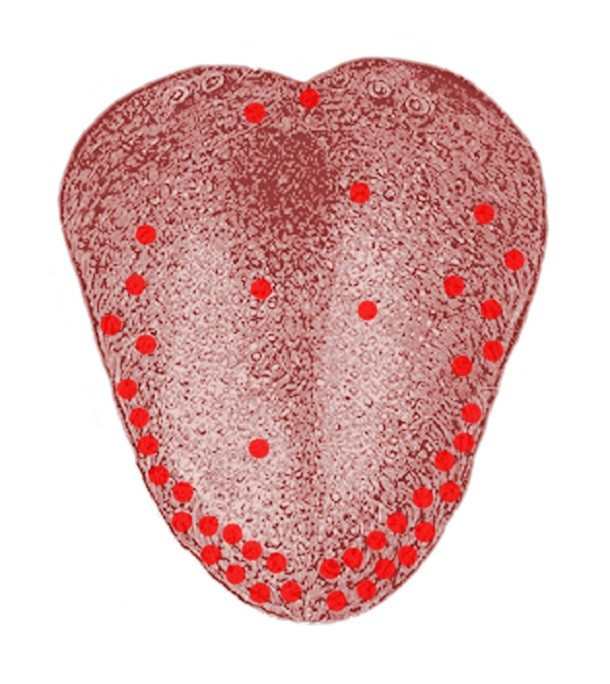
In fact, our tongue does not have separate regions to feel each different sour, spicy, salty, sweet, bitter taste. As people are still rumored to have a tongue of bitter taste; two edges of the tongue: sour taste; tip of the tongue: sweet and salty. In fact, all areas of our tongue can sense different tastes.
3. A coin falling from the top of the Empire State building can be deadly

There is a legend that a man who dropped a coin from the rooftop of the Empire State Building killed a pedestrian below. However, this is only a fictional story, because a coin falling from the Empire State Building has a maximum speed of 50 mph (80kmh) and cannot deal damage like a bullet.
4. In the vacuum environment your eyes will explode

There are no parts of the human body that explode in a vacuum due to pressure or any other reason, but we will die in a few minutes due to lack of oxygen.
5. Blood in the vein is green
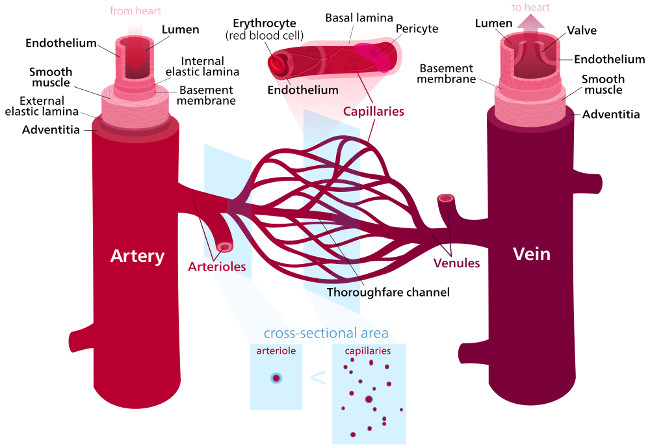
The blood in the vein that lacks oxygen returns to the heart is not as blue as we usually see it through the skin, in fact it is dark red . The strong blue static diagram shows clearly, but the blue of the veins we see is due to the scattered light shining through the skin and approving the wavelengths in the " color spectrum " sensor.
6. The fingertips are wrinkled when soaked in water
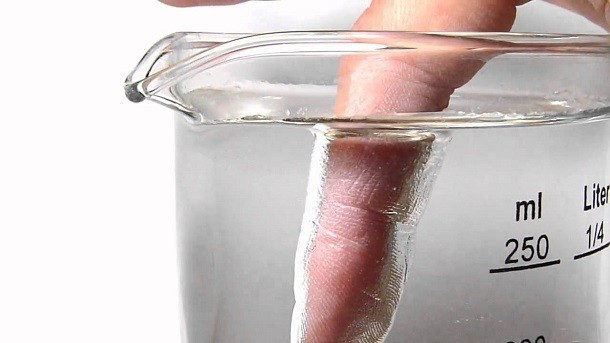
When swimming or soaking for a long time, the fingertips are often wrinkled. This is not because our fingers suck water but blood vessels contract , causing the fingertips to tighten. However, the reason why blood vessels are shrinking is not well understood, may be our ancestors' adaptations to live in humid environments.
7. Sunflowers are always facing the Sun.

In fact, not only are the sunflowers facing the Sun, but all the flowers are facing the Sun so they can photosynthesize better.
8. It takes 7 years for the gum in the stomach to be digestible
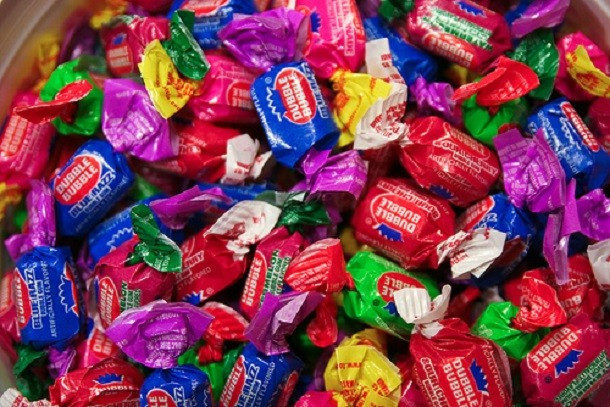
You have heard " The Magic School Bus - a set of English learning discs for children to help children discover great science " that it takes 7 years for gum to digest. If you swallow chewing gum, you are often threatened by adults that chewing gum will get into your intestines and take up to 7 years to digest. However, the gum is just as hard to digest as the insoluble fiber, it will pass through your digestive system like any other food, the residue without nutrients will be discharged. through feces.
9. Goldfish has 5 seconds of memory
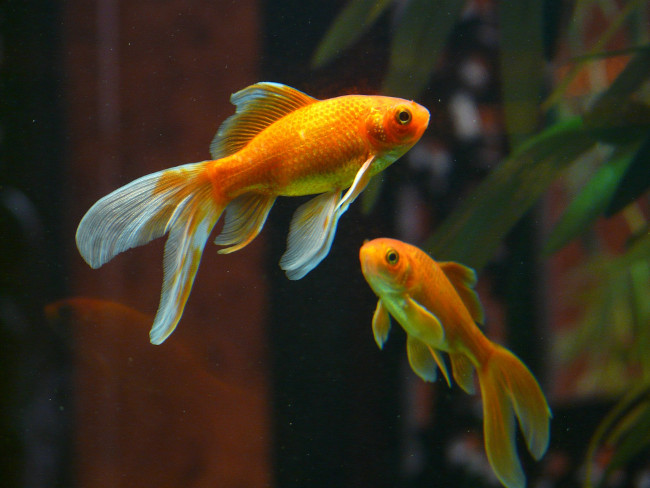
You often use the phrase " goldfish brain " to refer to forgetful people. Although the goldfish's brain does not grow and does not have good memory, it is not bad enough to remember only a few seconds. In fact, goldfish can remember for several months.
10. Bats cannot see
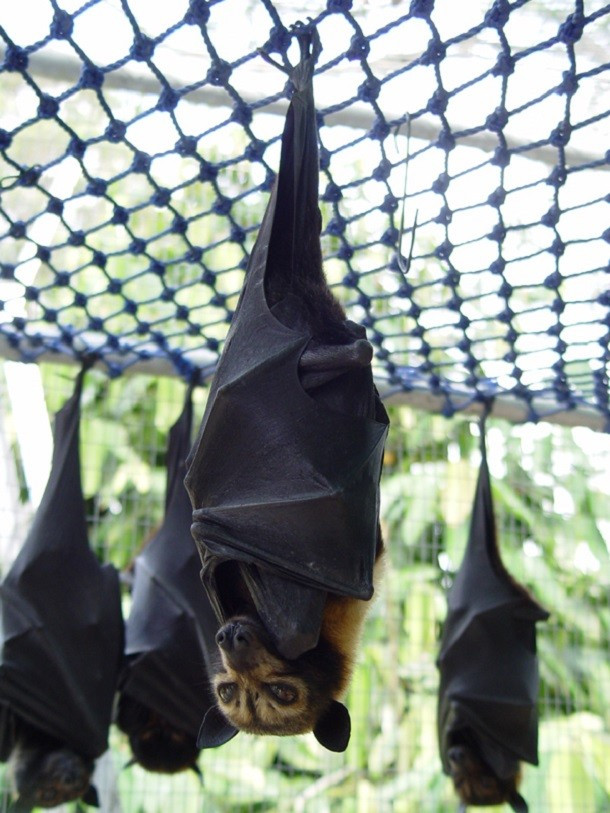
Bats are not blind. Bats only do not use sight to fly and feed because they use sound waves (sound waves ) to search for bait in their own way. Therefore, their vision is impaired but not to the point of being blind. In fact, some large bat species also use sight to go to feed at night.
11. Bulls are crazy when they see red

Gaur does not have the ability to distinguish colors so the red in their eyes is only gray. They were angry at the gladiator with a red cloth because the cloth was brought back and forth in front of them.
12. Meteors collide with the Earth causing the dinosaurs to become extinct

Not all of the Earth's dinosaurs died because of the meteorite collision with the Earth during the Cretaceous period (Cretaceous period). Scientists have found fossils of small dinosaurs, suggesting that they still survived the previous meteorite impact ( but still a mystery anyway ).
13. Drinking alcohol helps you feel warmer
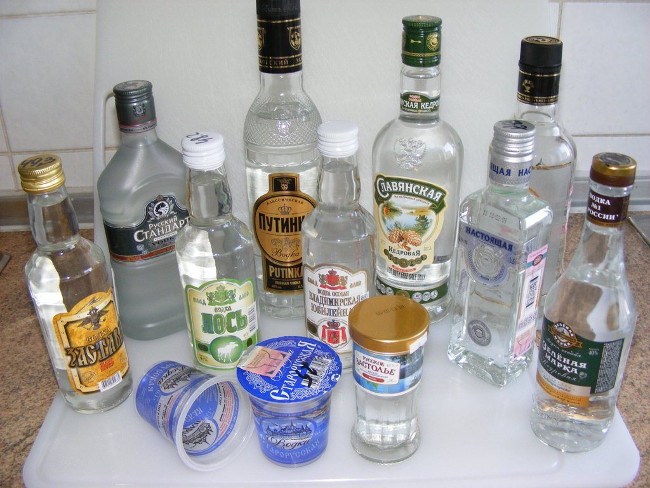
People who live in cold lands often have a habit of drinking alcohol to help the body get warmer. However, in fact, only the temperature on your face increases , and your body temperature decreases because your blood vessels widen, making your body more likely to escape.
14. The seasons are due to the gap between the Earth and the Sun.

The seasons of the year on Earth are not due to the proximity of the Sun, but because of the 23.4 degree tilt of the Earth.
15. Drink 8 glasses of water a day
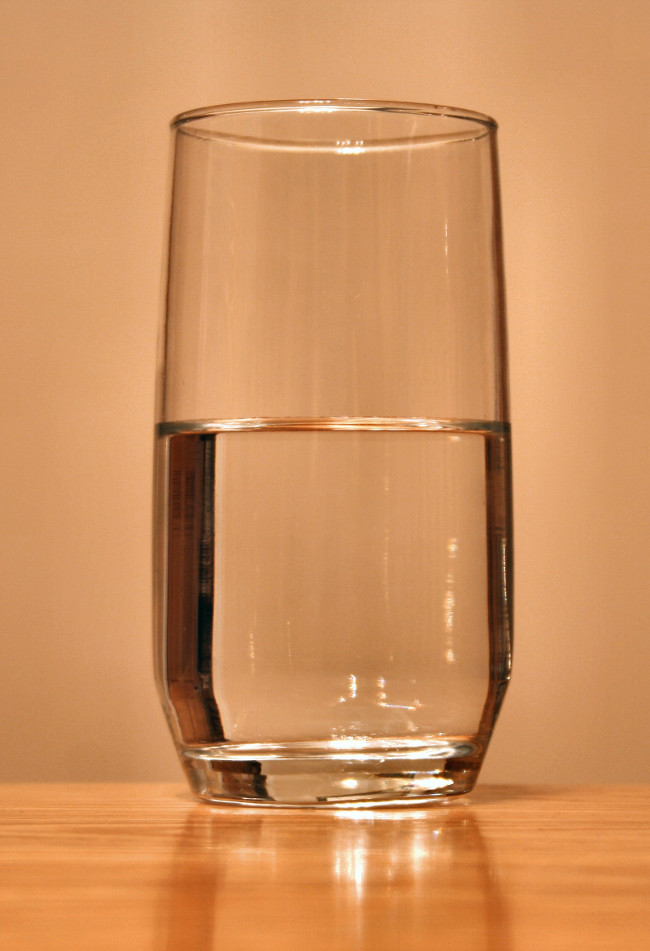
Drinking 8 glasses of water a day is considered a common standard, it is like a 2,000-calorie daily diet. How much water you need to drink depends on the ambient temperature, activity level, body weight and other factors.
16. The medieval life expectancy is 30 years old

Although the average life expectancy in the Middle Ages is very low, it is not as low as 30 years old. Life expectancy is much higher than the average, so the infant mortality rate at that time falls low. Some modern methods do not affect the average life expectancy of people when they are 12 years old.
17. Too much Vitamin C will make you sick

Drinking orange juice ( or absorbing Vitamin C ) does not prevent you from catching a cold, but it can shorten the duration of illness.
18. Do not swim for 30 minutes after eating

No waiting to be soaked after eating. Although swimming in high intensity ( according to Michael Phelps ) can lead to cramps, for us, who are not trained to prepare for an Olympic competition, the old story increases blood flow to the stomach. to digest doesn't make us cramps in the pool. Drinking and swimming? Those are two completely different stories.
19. People use only 10% of the brain
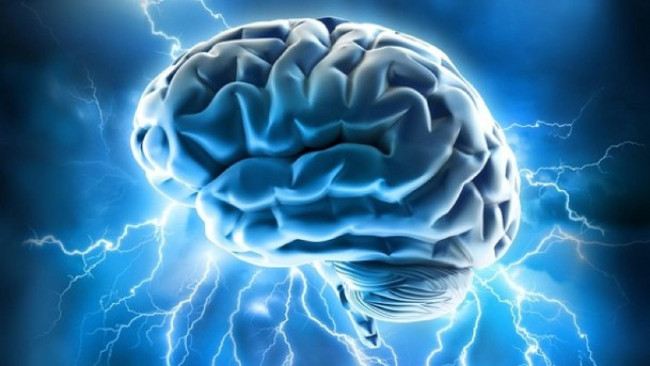
People use only 10% of the brain, right? You are wrong! Although only a small amount of neurons reflect at any one time, the rest still plays an important role.
20. A earthworm cut in half to become two worms
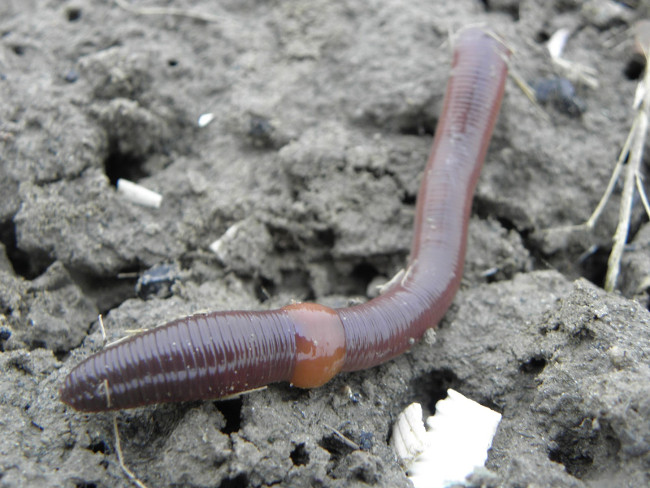
Earthworms do not grow into two worms after being cut. Only the front part ( with mouth ) will continue to eat and live.
21. We have five senses
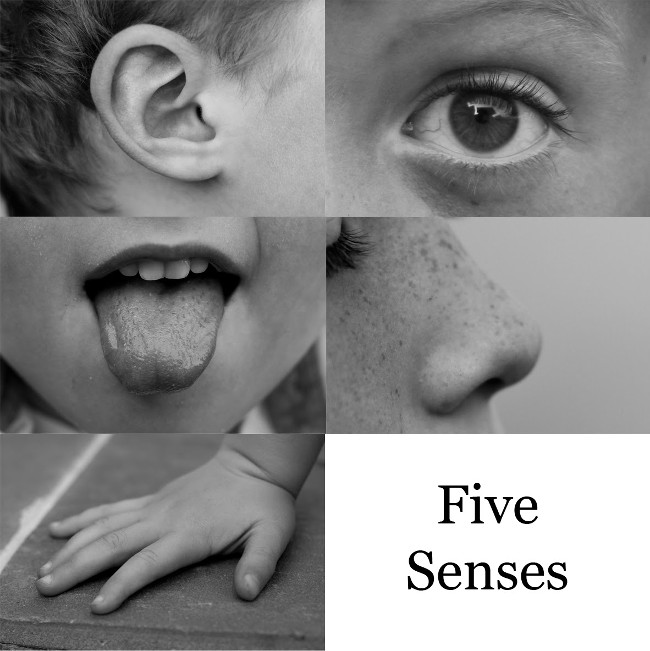
Temporarily putting aside sci-fi films about the supernatural sixth sense, in fact people have some rather abstract senses to define, you can temporarily call sensory perceptions. . They help us feel more subtle even after losing the basic senses mentioned above.
In a report at Harvard Medical School listed some other senses on the body like:
- Equilibrioception (feeling of balance): This feeling helps you to balance when sliding on a sloping surface or walking on the road. Although the vision of things has a lot to do with this feeling, you still feel it every time you step down the stairs even when blindfolded.
- Proprioception: Try your eyes again and put your right hand on your left elbow. Even if you don't see anything, you still know where your left elbow is right? This is a sense that helps you feel and know where everything is on your body. Without this sense, you will definitely have to look down at your feet to make sure they are still there.
- Thermoception: The senses help you feel the coolness of the air.
- Temporal perception: We can approximate time like 15 minutes or a few hours without looking at the clock because of this sense.
22. The metal in the microwave will burn the circuits

Putting metal in the microwave will not "fry" your electronics. It is dangerous, as metal objects are hot enough to damage your skin or microwave oven, but the microwave oven will not be damaged.
23. See China's Great Wall from the Moon

The Great Wall - China's Great Wall cannot be seen from the Moon. Even from a low Earth orbit like the International Space Station, it is almost impossible to see and you will even need an extraordinary vision and perfectly clear weather conditions to be able to see close.
Refer to some other articles:
- The interesting fact about the universe is not quite the same as what we thought
- Top 10 interesting facts about the Moon you may not know
- 15 facts only for language learners to understand
Having fun!